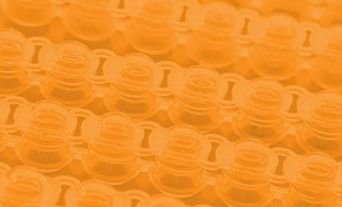- 09:00 - 10/12/2025 to 10:00 - 10/12/2025
- Virtual event, United Kingdom
Dr Adam Byron, PhD, will be giving a talk on the mechanosensitive adhesion networks in cancer: linking the extracellular matrix to gene regulation.
The College is delighted to have approved this external event for CPD credits.
If you have any questions regarding this event, please see host's information at the bottom of this page or via the Book Now button.
TOPICS COVERED
One hour session - Interactions between cells and the extracellular matrix are central to how cells sense and respond to their microenvironment, with direct implications for disease progression. Adhesion protein complexes at the cell surface transmit mechanical signals through the actin cytoskeleton to the nucleus, influencing nuclear shape, chromatin organisation and gene expression, key processes in cell migration and tissue remodelling. Using systems-level proteomic analysis of patient-derived skin cancer cells, we identified a novel role for the actin regulator Mena at the nuclear envelope. Here, Mena modulates nuclear architecture and transcriptional activity, revealing a direct mechanotransduction pathway from the cell surface to the genome. These findings are part of our broader characterisation of the nucleo-adhesome – a subset of adhesion proteins with nuclear functions – highlighting new dimensions of adhesion biology in disease. By integrating proteomic data from adhesion complexes and the extracellular matrix, we are building predictive protein interaction networks that uncover mechanisms of disease progression, particularly in cancer. This approach offers new insights into how mechanical and biochemical cues converge to drive pathological cell behaviour, with potential implications for diagnostics and targeted therapies.
WHO SHOULD ATTEND?
Pathologists all levels, scientists, anyone with an interest in pathology.
SPEAKER
Dr Adam Byron, PhD, is a Lecturer and group leader in the School of Biological Sciences at the University of Manchester and a member of the Manchester Cell-Matrix Centre.
For more information, please contact: [email protected].







